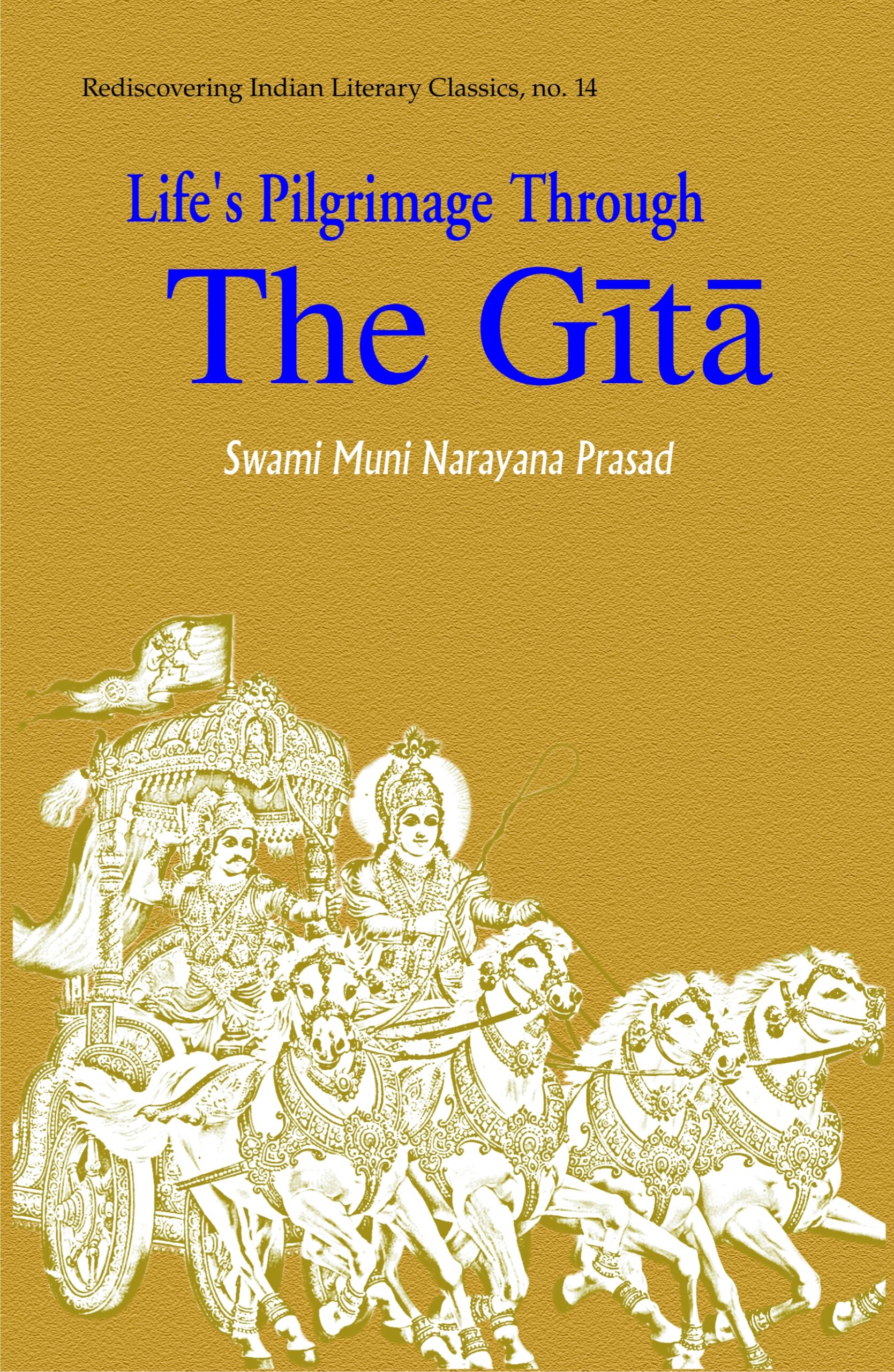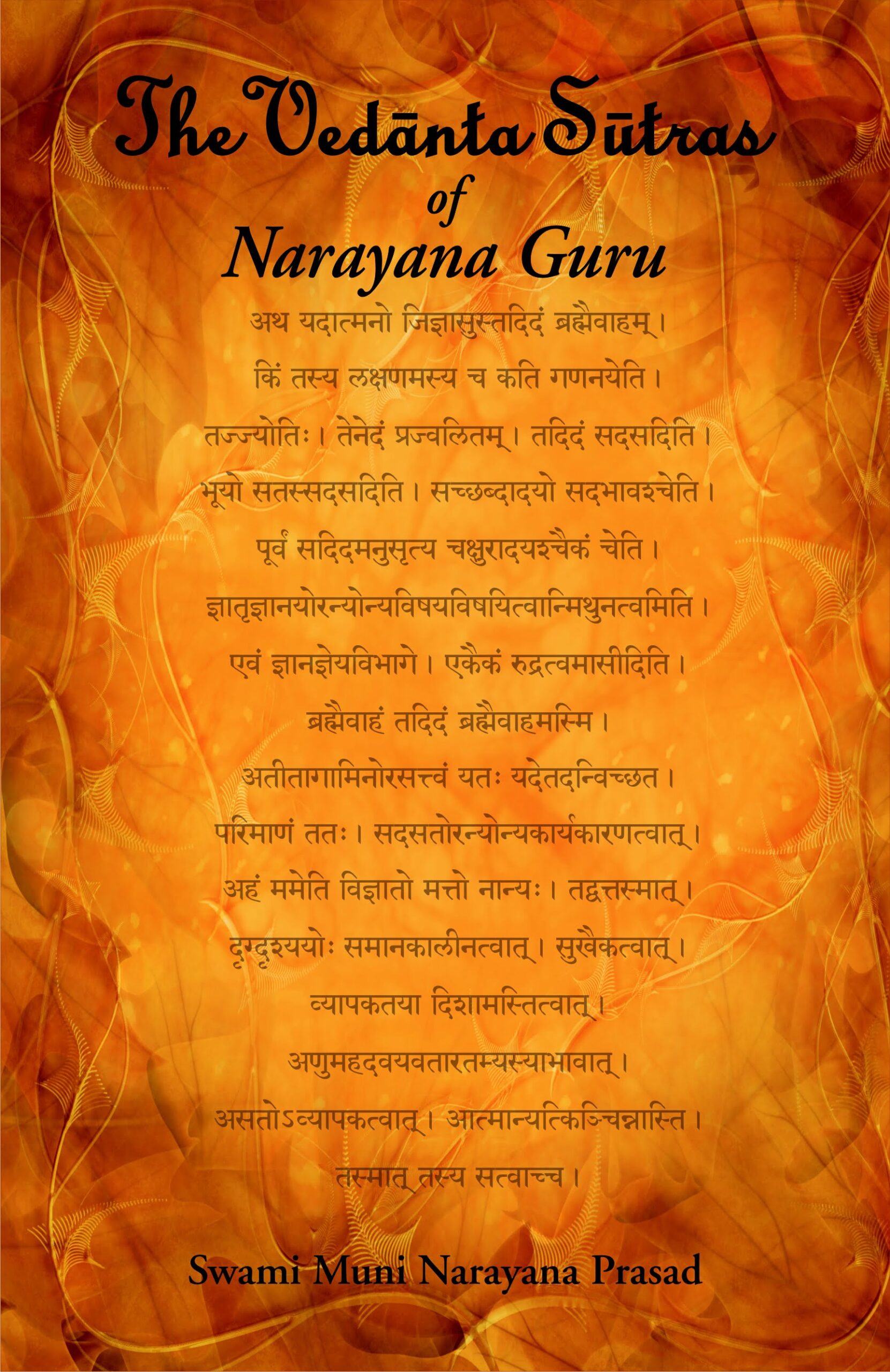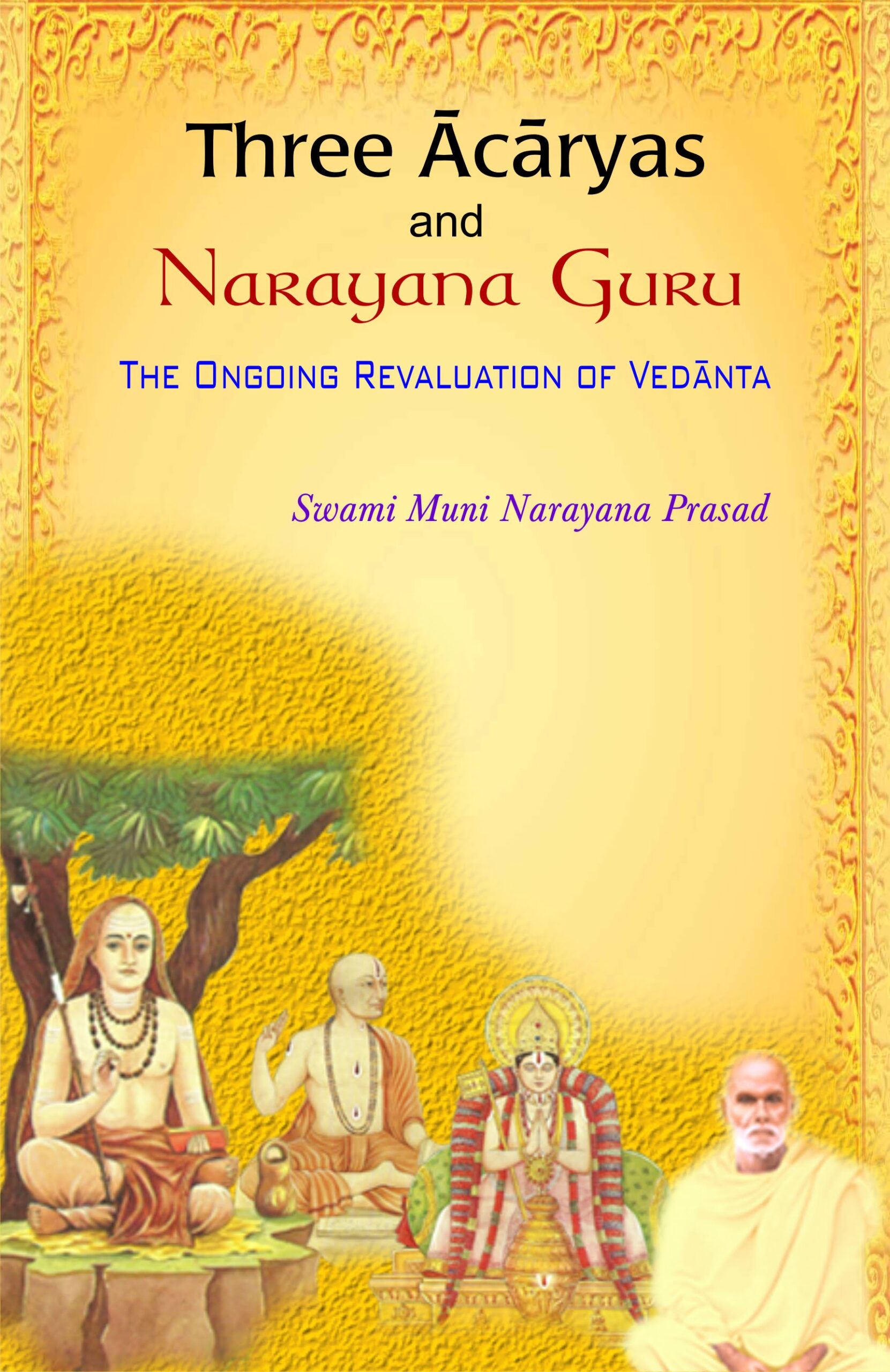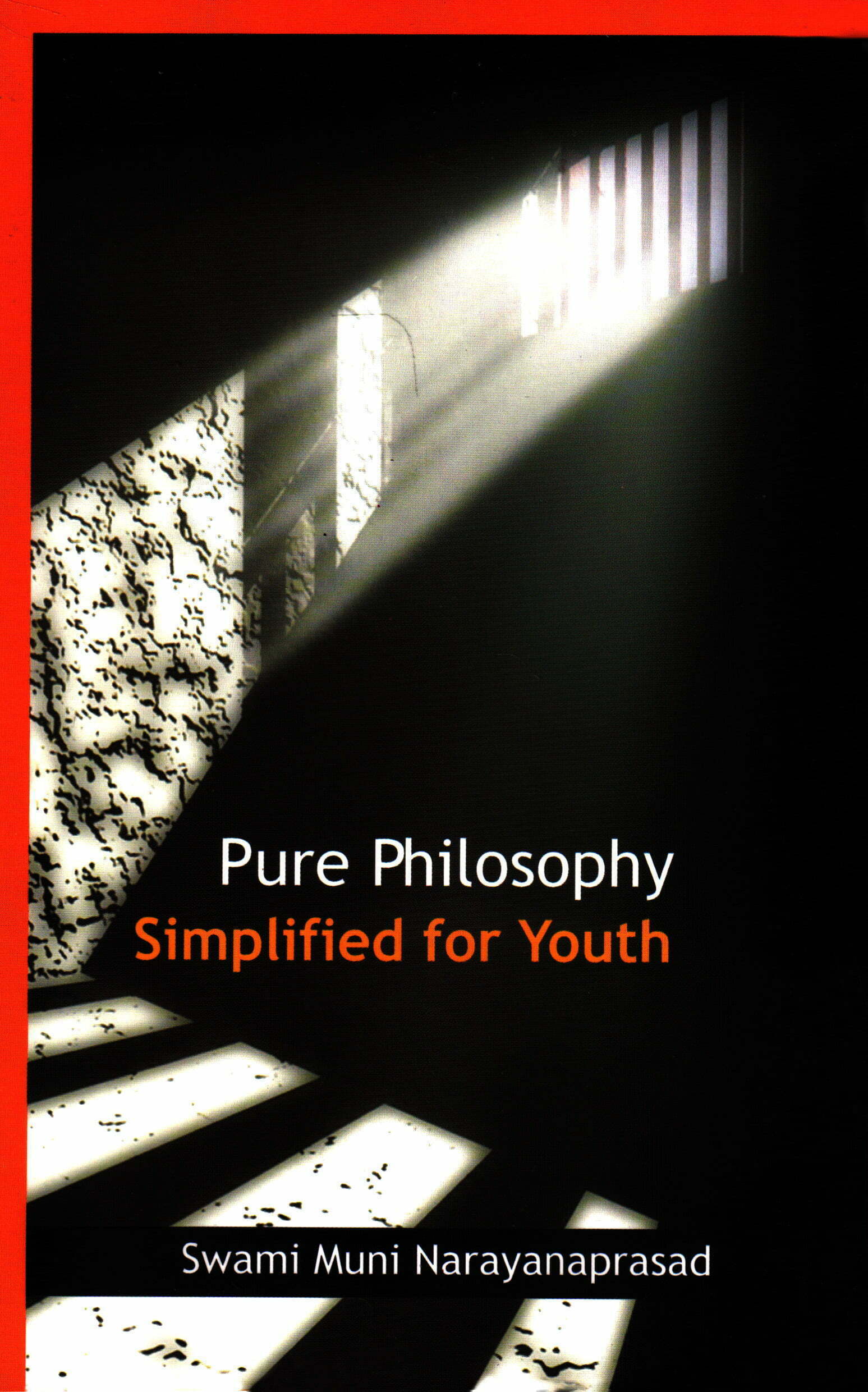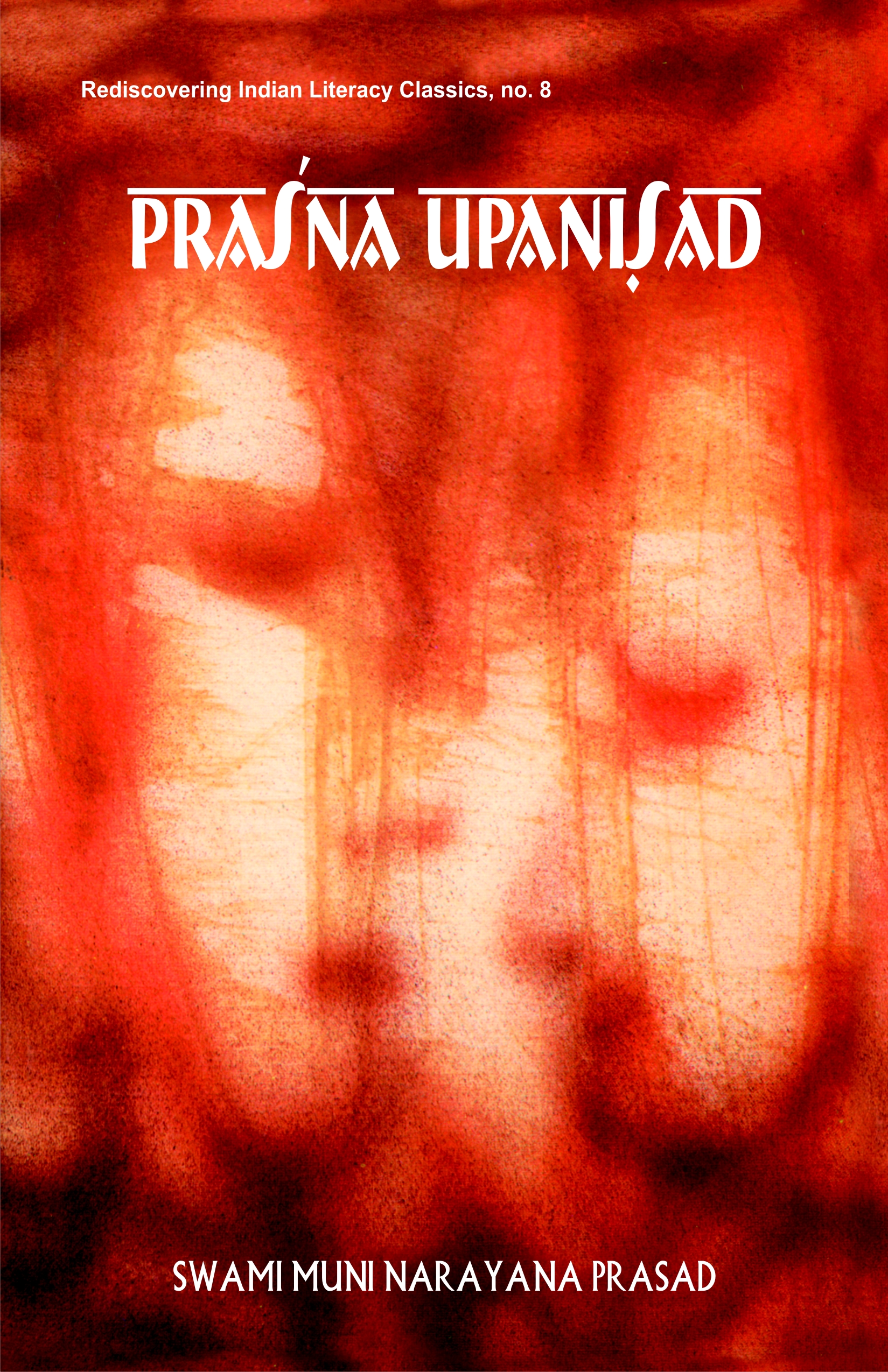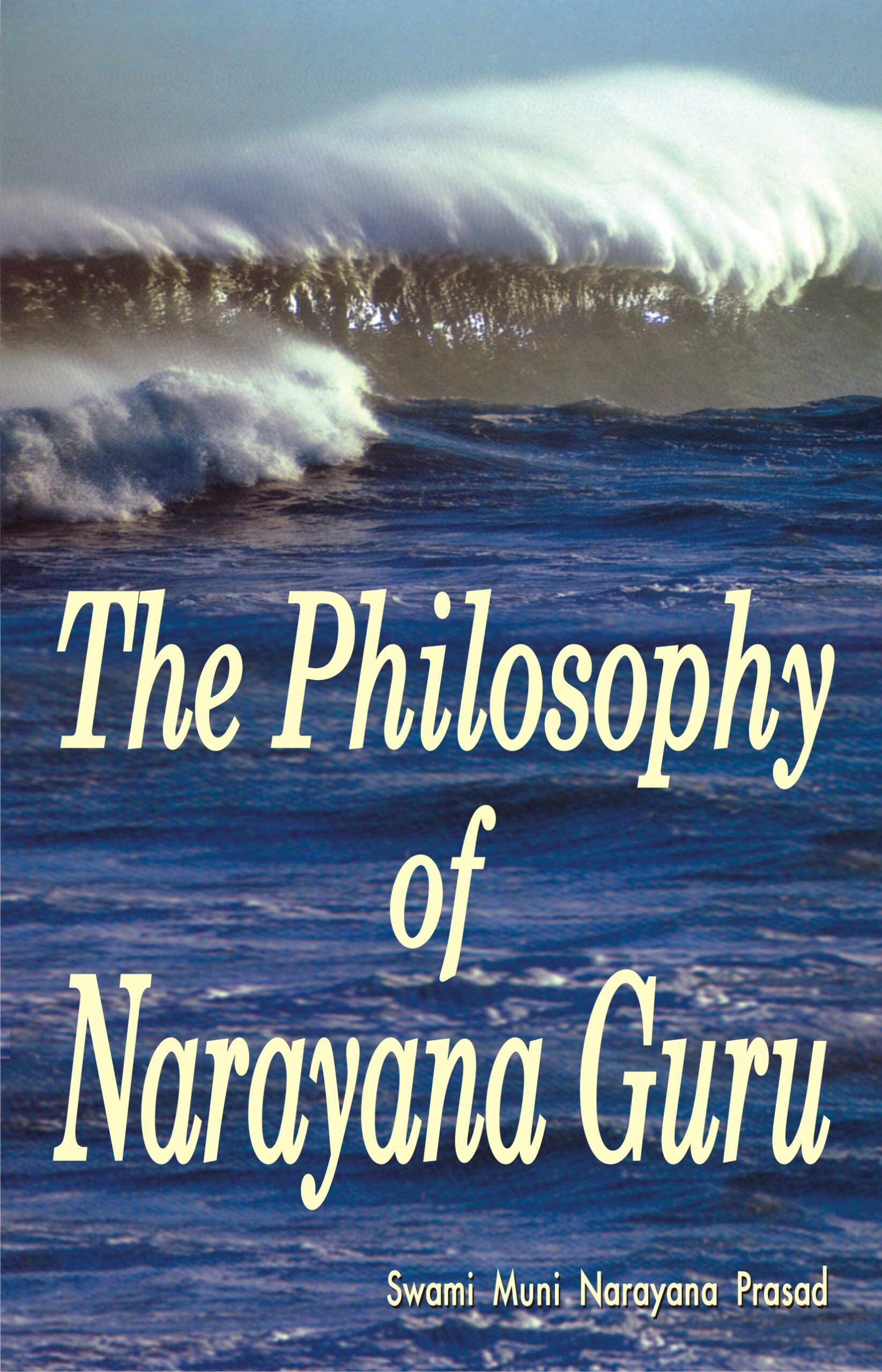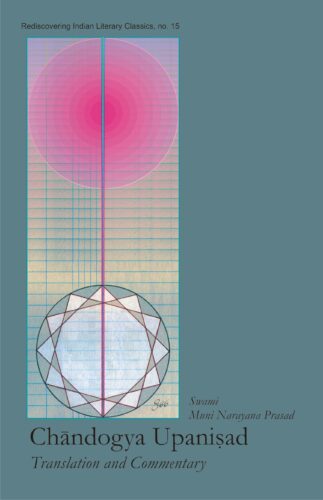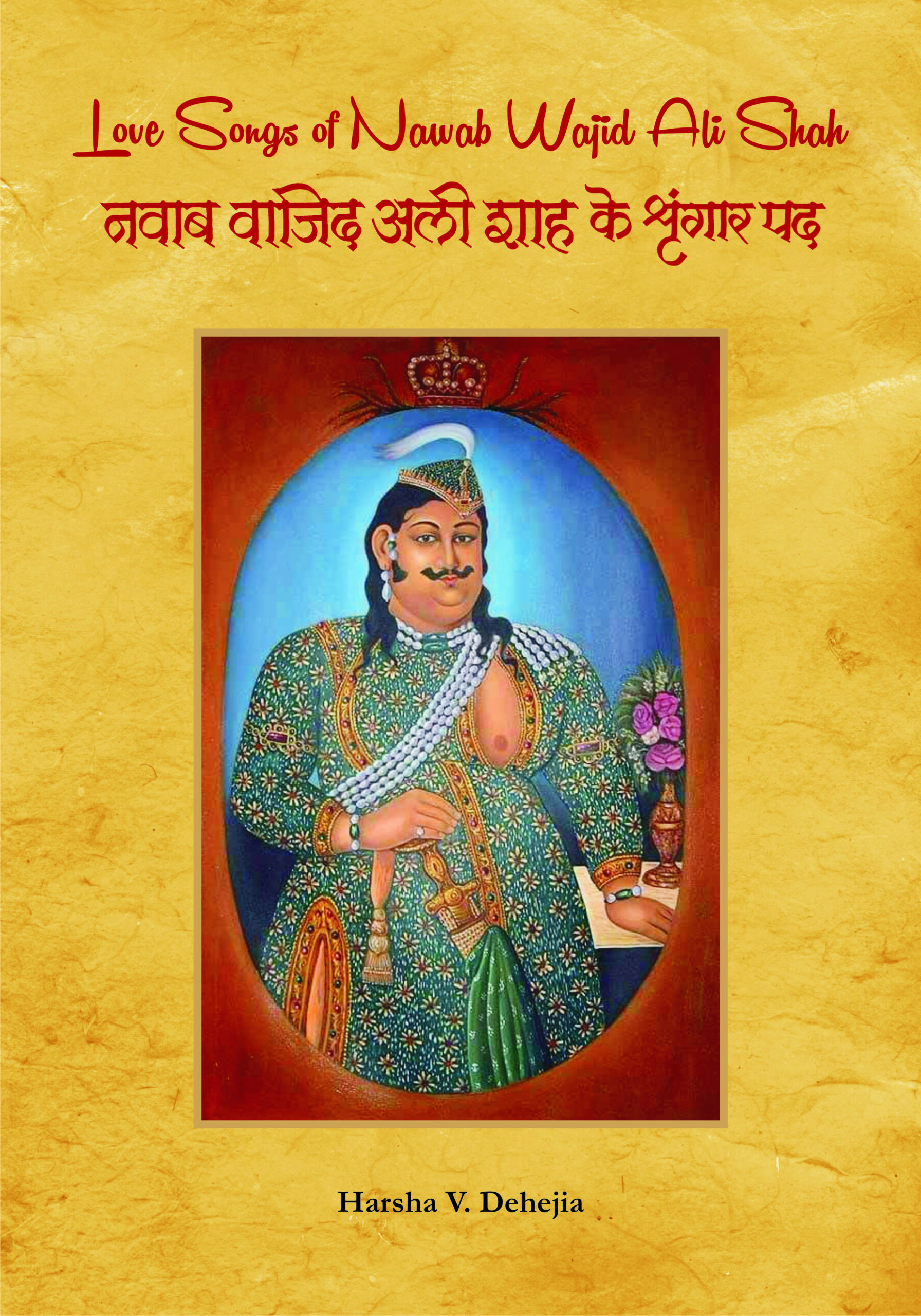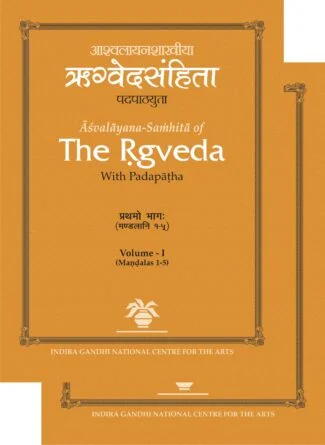

Vedanta Sutras of Na...
Vedanta Sutras of Narayana Guru
With an English Translation of the Original Sanskrit and Commentary by: Swami Muni Narayana PrasadThe Vedanta Sutras of philosopher-poet Narayana Guru has 24 beautifully-fluent sutras revealing the essential message of the Vedanta. The highly-perceptive commentary by Swami Narayana Prasad elucidates the gurus interpretation of the Vedantic concept.
Original price was: ₹400.00.₹360.00Current price is: ₹360.00.
ISBN: 9788124606575
Year Of Publication: 2013
Edition: 2nd
Pages : xiv, 282
Bibliographic Details : Appendix; Glossary; Index
Language : English
Binding : Hardcover
Publisher: D.K. Printworld Pvt. Ltd.
Size: 23 cm.
Weight: 550
Indias wisdom, one may say, attained its maturity in the Vedanta the end or culmination of veda (knowledge). Vedanta may be seen as the finest fruit on the tree of Indias wisdom, for it brings the seeker that ultimate knowledge that ushers in the gift of self-fulfilment (ananda). Over the centuries, brilliant saint-scholars like Shankara, Ramanuja, Madhva have interpreted the Vedanta in different ways. The philosopher-poet Narayana Guru belongs to this class of noted exponents of the Vedanta. And his Vedanta Sutras is a masterpiece in his attempt to restate the original Upanishadic teaching of non-dual Reality his most succinct expression of that message. This book presents these sutras along with a highly-perceptive commentary that elucidates the Gurus interpretation of the Vedantic concept in a brilliant style. Narayana Gurus Vedanta Sutras reveal the essential message of the Vedanta in 24 beautifully-fluent sutras. His simple and direct revaluation and restatement of the Vedanta, in general, has been found to be comprehensive and contemplative in its insight, reconciling the superficial disagreements of the Vedantic schools and restoring the pristine vision of the Upanishadic sages. In this scientific age, his work has often been acclaimed for its relevance. His Vedanta Sutras, compact yet profound in manner, is yet another example of this. The thoroughly-engrossing commentary of Swami Muni Narayana Prasad is a unique effort. Its hallmark is his clear avoidance of exegesis with greater reliance on his personal conviction. Swami Muni Narayana Prasad places Narayana Guru on par with the sutrakaras like Badarayana, Jaimini, Gautama and Kanada with this beautiful elucidation.
Prologue
Preface
Introduction
The 24 Sutras
Sutra 1
Atha
Shankaras Prerequisites
Ramanujas Prerequisites
Narayana Gurus View of Prerequisites
The Five Senses
Atha, In a Modern Age
The Indisputable Experience of Oneself
Jijnasa, The Desire for Wisdom
Meaning of Guru
Narayana Gurus Emphasis on Atman
Sutra 2
Defining the Goal
Respectives of Reality
Seeking Cause
Mind and Matter
Confirmation of Theories
Tasya and Asya
Sutra 3
Inseparability of Consciousness and Self
The Words Brahman, Atman and Tat
Jiva, Jivatman and Paramatman
The Nature of I
Atman, Dweller and Dwelling
Sat-Cit-Ananda
Ananda
Sutra 4
Cause and Effect
Tapas
Prakriti
Karma
Maya
Sutra 5
From Outer to Inner
Adhyasa
Existent or Non-Existent World
Bhava
Sutra 6
Aksharam and Karta
Trigunas
Triputi
Other Worlds
Logic and Reasoning
Names and Forms
Waking, Dreaming and Deep-Sleep (Avastha-Traya)
Good and Evil
Sutra 7
The Great Illusion
Vidya and Avidya
Happiness and Suffering
Sutra 8
The Principle of Urge
Senses, Mind and the Pramanas
Arthapatti and Anupalabdhi
Sutra 9
Knowledge, the Inciter to Action
Sutra 10
Knowledge in the Western World
Jnana, Jneya and Kshetra
Unity in Human Perceptions
Categories of Knowledge
Sutra 11
Rudratva
Rudratva in Fear
Rudratva in Changefulness
Rudratva in Ethics
Rudratva in Science
Rudratva in Religion
Rudratva in Nationalism and Racialism
Sutra 12
Ahanta and Idanta
I and Brahman
Literal and Indirect Meanings
The Meaning of AUM
The Meaning of God
Bhakti
Sutra 13
Appearances in Time
The Nature of Time
The Search
Sutra 14
Bhava and Abhava
The Distinct and the Indistinct
Sin, Merit, Destiny and Free-Will
Dharma
Siddhis
Birth, Death and Reincarnation
Sutra 15
The Logic of Causality
Causality in Western Thought
Causality and Non-Duality
Sutra 16
I Sense
The I as Body (Dehoham-Buddhi)
The I as Soul (Jivoham-Buddhi)
Mine Sense
Sutra 17
Vedanta and Modern Physics
Different Goals
Indefinable One, Definable Many
The Value of Science
Sutra 18
Drik and Drishya
Sense Subjects and Objects
Living and Lifeless
Mind and Matter in the Six Schools
The Western View
Mind and Matter in the Bhagavad-Gita
The Upanishadic View
Sutra 19
Definitions of Happiness
Pleasure and Pain
Happiness as Defined in Indian Thought
Sutra 20
Sutra 21
Sutra 22
Sutra 23
Sutra 24
Reality and Actuality
Appendix: The Works of Narayana Guru
Glossary
Index




